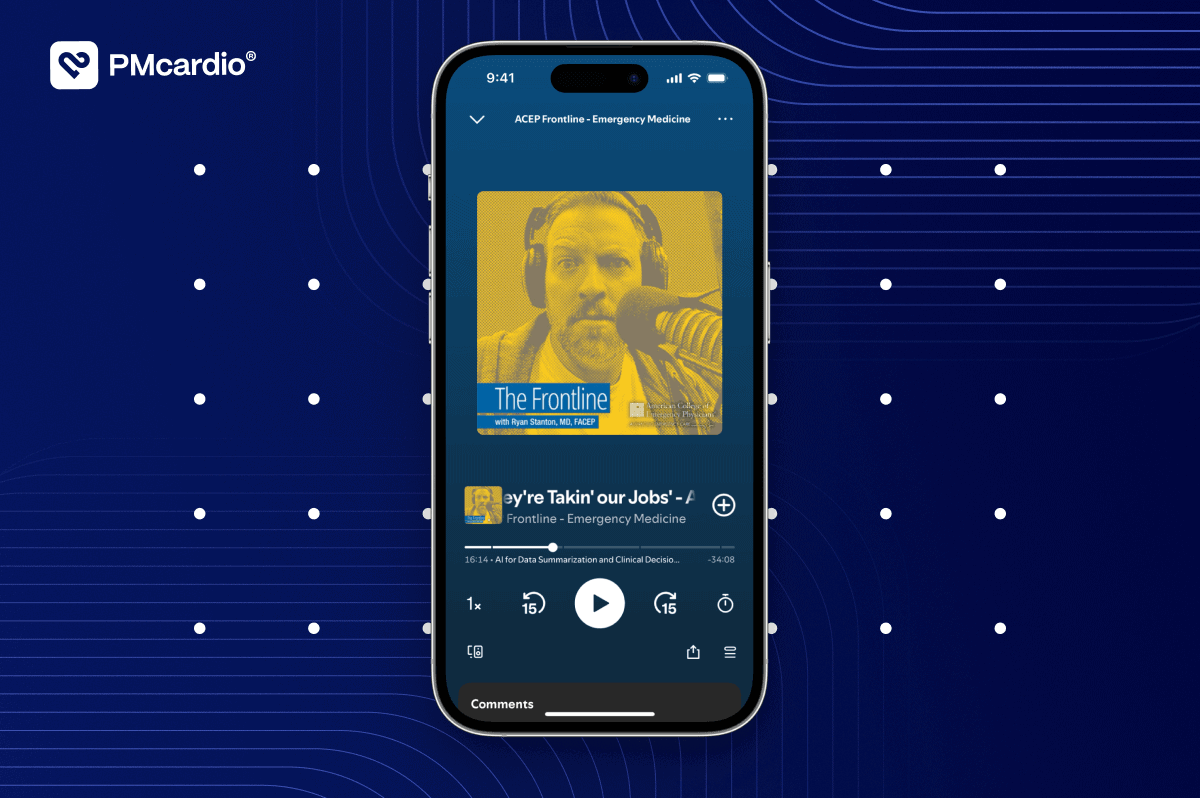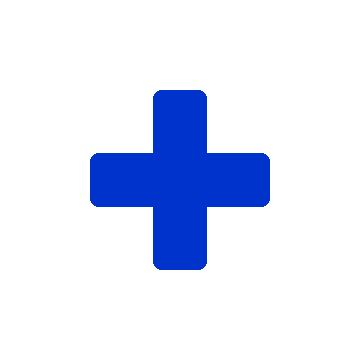About the Podcast
ACEP Frontline is the official podcast of the American College of Emergency Physicians, hosted by Dr. Ryan Stanton. It features leading voices in emergency medicine discussing innovations, challenges, and real-world clinical practice. In this episode, Dr. Henry Pitzele explores how AI is reshaping emergency care.
Summary of the Episode
In the segment on AI and ECGs, Dr. Pitzele highlights how traditional ECG machine software has long been unreliable for emergency physicians, often mislabeling massive heart attacks as benign or vice versa. He introduces PMcardio’s Queen of Hearts™ AI, which emergency physicians now use on the front line by simply snapping a photo of an ECG.
- Unlike legacy machine interpretations, PMcardio’s AI has been validated in studies to outperform even consensus groups of cardiologists.
- The AI can not only detect STEMI and subtle STEMI Equivalents with high accuracy but also assess pump function (left ventricular ejection fraction) directly from ECGs — a task traditionally requiring echocardiography.
- This advancement is improving patient triage by reducing false positives, catching subtle occlusions, and accelerating time-critical cath lab activations.
“AI actually has solved the problem of how to figure out if a patient is having a massive heart attack. PMcardio’s Queen of Hearts is so accurate it outperforms groups of cardiologists — and it’s changing how we care for heart attack patients.”
— Dr. Henry Pitzele, ACEP Frontline
🎧 Listen to the episode: Spotify | Apple Podcasts | Soundcloud
















